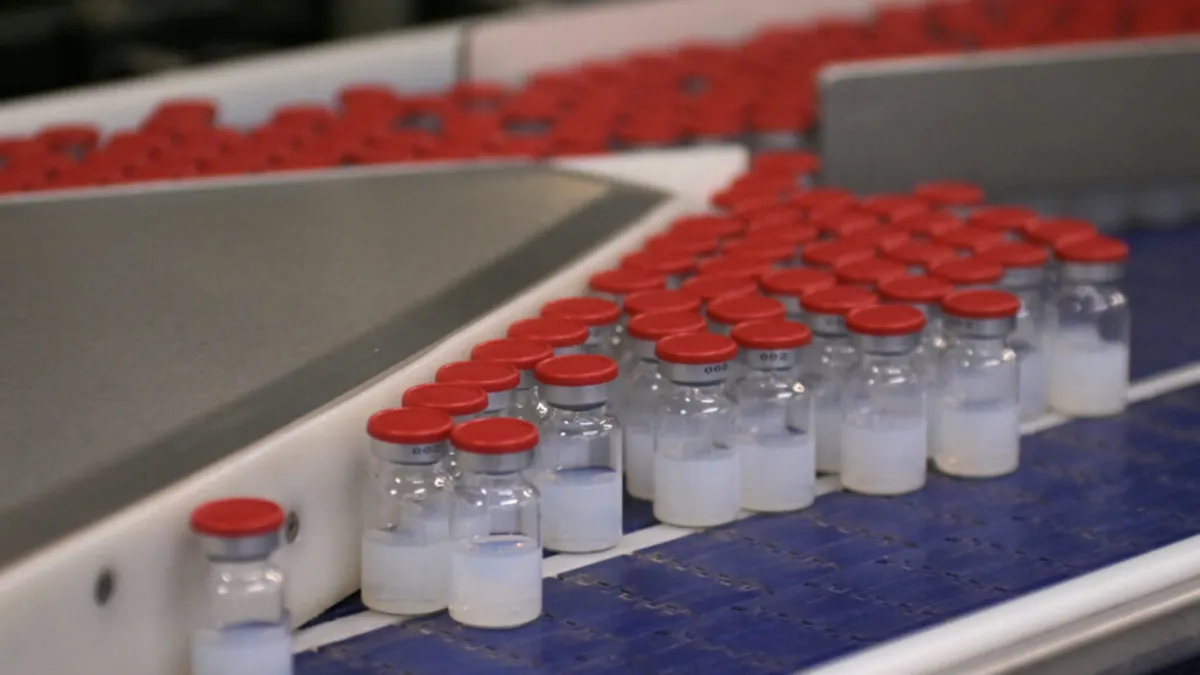
In a significant move, federal health officials have announced the cancellation of hundreds of millions of dollars in investments aimed at developing messenger RNA (mRNA) vaccines. This decision is supported by an extensive list of studies that purportedly outline the potential harms associated with these vaccines. Health Secretary Robert F. Kennedy Jr. provided limited justification for this controversial decision, stating that mRNA vaccines are neither effective nor as safe as alternative methods.
During a recent press briefing, when questioned about the scientific basis for this decision, a spokesperson from the Department of Health and Human Services (HHS) directed inquiries to a lengthy 181-page document. This document compiles various studies contributed by individuals, including a current adviser from the Trump administration, who previously faced criticism for endorsing unproven COVID-19 treatments.
The contributors to the study list are notable for their opposition to public health measures like lockdowns and the use of mRNA vaccines. Many of the studies cited in the document have been challenged by other scientists, who assert that mRNA vaccines are overwhelmingly safe and effective in combatting COVID-19.
This list appears to be part of the research for an upcoming book titled “Toxic Shot: Facing the Dangers of the COVID ‘Vaccines,’” with the last update noted as July 1. Among the authors of this book is Byram Bridle, who is also credited with compiling the citation list provided to STAT.
Another notable figure associated with the list is Steven Hatfill, an HHS adviser and virologist. Hatfill has faced scrutiny in the past for advocating hydroxychloroquine as a treatment for COVID-19, despite the lack of substantive evidence supporting its effectiveness.
In a video announcement, Secretary Kennedy expressed his directive to the Biomedical Advanced Research and Development Authority (BARDA) to begin the cancellation of 22 grants, totaling $500 million, that support the development of mRNA vaccines. Instead, the administration plans to pivot towards research utilizing a whole killed virus approach for vaccine development. This method is supported by key figures at the National Institutes of Health, including Matthew Memoli and Jeffery Taubenberger.
The announcement has raised alarms among public health experts, who argue that mRNA vaccine technology, initially employed to create COVID-19 vaccines, has been instrumental in saving lives during the pandemic. The technology's ability to deliver vaccines quickly is a critical advantage over traditional methods.
The HHS shared list references studies suggesting that the spike protein produced by mRNA vaccines is "harmful by itself," independent of the virus. However, it is important to note that other COVID-19 vaccines, which do not utilize mRNA technology, also train the immune system to recognize and protect against the SARS-CoV-2 spike protein. Individuals who have contracted COVID-19 will have also encountered this spike protein.
The contributors to the list also include Martin Wucher, a dentist from Namibia, who has been associated with the Health Defence League, a group known for opposing COVID lockdowns in Africa. Erik Sass, another contributor, has similarly claimed that hydroxychloroquine is an effective treatment for COVID-19. He described the list as a "general reference for interested researchers," noting that it originated as a supplement for the book co-authored by Bridle.
The book connected to these studies features a foreword by Senator Ron Johnson (R-Wisc.), who has previously invited vaccine critics to testify on Capitol Hill regarding vaccine safety. This political backdrop further complicates the discussion around the effectiveness and safety of vaccines, particularly mRNA technology.
As the debate continues, it remains crucial for the scientific community and public health officials to re-evaluate the available research and engage in transparent discussions about the safety and efficacy of COVID-19 vaccines. The implications of this decision could have lasting effects on vaccine development and public health policies.